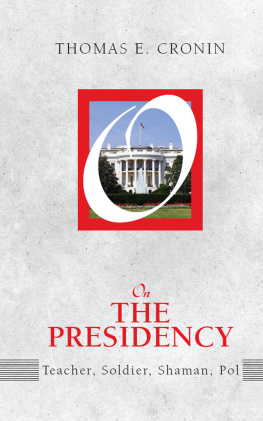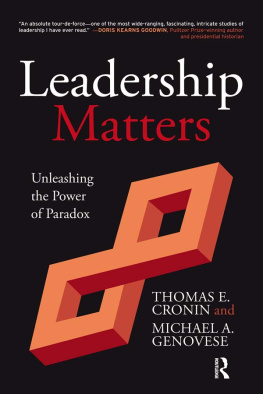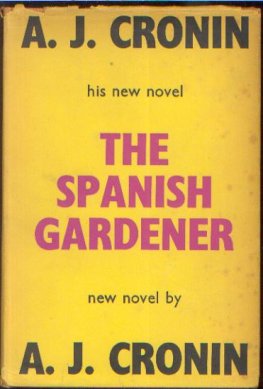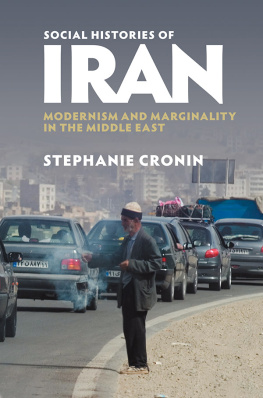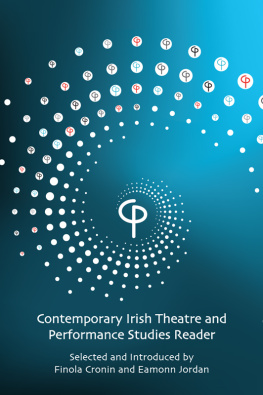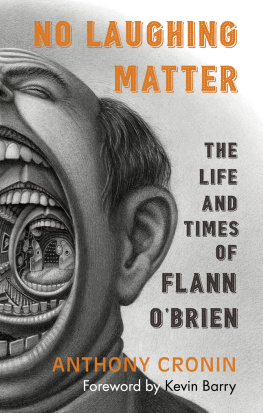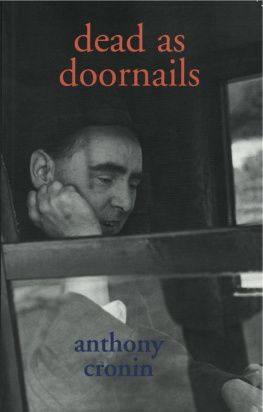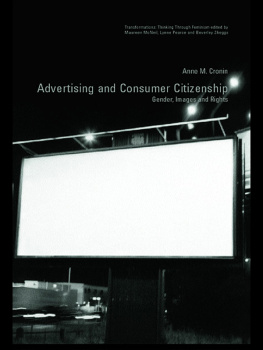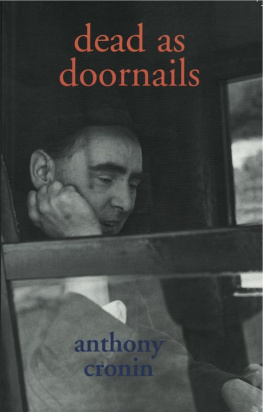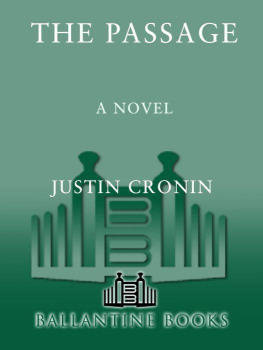ON THE PRESIDENCY
ON POLITICS
L. Sandy Maisel, Series Editor
On Politics is a new series of short reflections by major scholars on key subfields within political science. Books in the series are personal and practical as well as informed by years of scholarship and deliberation. General readers who want a considered overview of a field as well as students who need a launching platform for new research will find these books a good place to start. Designed for personal libraries as well as student backpacks, these smart books are small format, easy reading, aesthetically pleasing, and affordable.
Books in the Series
On the Presidency, Thomas E. Cronin
On Foreign Policy, Alexander L. George
On Media and Making Sense of Politics, Doris A. Graber
On Thinking Institutionally, Hugh Heclo
On Ordinary Heroes and American Democracy, Gerald M. Pomper
THOMAS E. CRONIN
ON THE PRESIDENCY
Teacher, Soldier, Shaman, Pol
First published 2009 by Paradigm Publishers
Published 2016 by Routledge
2 Park Square, Milton Park, Abingdon, Oxon OX14 4RN
711 Third Avenue, New York, NY 10017, USA
Routledge is an imprint of the Taylor & Francis Group, an informa business
Copyright 2009 Thomas E. Cronin
All rights reserved. No part of this book may be reprinted or reproduced or utilised in any form or by any electronic, mechanical, or other means, now known or hereafter invented, including photocopying and recording, or in any information storage or retrieval system, without permission in writing from the publishers.
Notice:
Product or corporate names may be trademarks or registered trademarks, and are used only for identification and explanation without intent to infringe.
Library of Congress Cataloging-in-Publication Data
Cronin, Thomas E.
On the presidency : teacher, soldier, shaman, pol / Thomas E. Cronin.
p. cm. (On politics)
Includes bibliographical references and index.
ISBN 978-1-59451-490-6 (hardcover : alk. paper)
ISBN 978-1-59451-491-3 (pbk)
1. Presidential candidatesUnited StatesHistory. 2. PresidentsUnited StatesElectionHistory. 3. PresidentsUnited StatesPublic opinion. 4. Political leadershipUnited StatesHistory. 5. Public opinionUnited States. I. Title.
JK528.C77 2008
352.230973dc22
2008024747
Designed and Typeset by Cheryl Hoffman
ISBN 13: 9781594514906 (hbk)
ISBN 13: 9781594514913 (pbk)
CONTENTS
T his book is for readers who are searching for a richer, more nuanced understanding of the modern American presidency.
As Americans and optimists, we yearn for heroic, patriotic, wise, and constitutional presidential leadership. Yet we also instinctively fear the abuse of power, frequently split our ballots, and regularly turn to the party out of power for change and hope.
We make it hard, if not impossible, for presidents to live up to our expectations, yet we are unforgiving critics when presidents disappoint us.
Do we expect too much? Yes, and we will continue to do so. Presidents have, on occasion, been tremendously consequential for this nation, yet we generally exaggerate the capacity of presidents to shape their times (see ).
These chapters treat many of my favorite research and lecture topics. The presidency may be more than 220 years old, yet it is a constantly puzzling and changing institution. Those of us who teach and write on the presidency are challenged by its paradoxes and by how both the times and the individuals shape the office.
Political scientist Sandy Maisel and Paradigm vice president Jennifer Knerr invited me to join their inventive On Politics series, which specifically encourages writers to share personal and reflective essays. I am pleased and honored to do so. These chapters are thatpersonal reflections from a longtime presidency watcher.
I am indebted to scores of political scientists and historians who have in recent years developed a more extensive and rigorous scholarship on the presidency. I especially thank valued mentors and colleagues James MacGregor Burns, John W. Gardner, Michael A. Genovese, and Arthur M. Schlesinger Jr.
Special thanks to Lauren Arnest and Morgan Stempf for helpful editorial suggestions, to Kim-Marie Coon for skillful manuscript preparation, and to Jennifer Knerr and Melanie Stafford for their invaluable production guidance.
Finally, to Tania Cronin, thank you for your unfailing encouragement and for the art and music.
Tom Cronin |
Colorado Springs |
July 2008 |
All presidents are blind dates.
Jonathan Alter
I f God had wanted us to vote, reads an old bumper sticker, he would have given us candidates. America has never had perfect candidates or presidents, nor is this likely. We yearn for qualities of judgment, character, experience, strength, agility, warmth, decisiveness, civic virtue, patriotism, and passion rarely found in any one person.
[T]he office of president will seldom fall to the lot of any man who is not in an eminent degree endowed with the requisite qualifications, argued an optimistic Alexander Hamilton in 1788 as he urged ratification of the U.S. Constitution. Indeed, Hamilton added, there will be a constant probability of seeing the [presidency] filled by characters preeminent for ability and virtue.
Presidential candidates always have the flaws associated with being human and politically ambitious. History suggests, too, that predicting who will become a great president is usually impossible, but this rarely inhibits our quadrennial searches for a new hero.
We should ask a lot of our presidential candidates. But most of us yearn for so many talents and qualities that it comes close to wanting Godon a good dayor at least a pleasant amalgam of Lincoln, the Roosevelts, Churchill, Mandela, Mother Teresa, and the Terminator.
When looking for a new president, we search for a leader who can bring us together and bring out the best in us. This is an especially tough assignment in a nation shaped by stalwart individualism and an abiding irreverence for politics and centralized government institutions.
Those we remember as great presidents are remembered primarily for their military victories and humanitarian vision, thoughlooking through our rose-tinted retrospective glasseswe remember even these presidents on their best days.
Consider these realities. Weve had 14 presidents between 1920 and 2009. Maybe about three were successful. At least half a dozen failed in one way or another. Nixon was ingloriously forced from the office. Bill Clinton was impeached. The American voters vetoed four others when they sought reelection (Hoover, Ford, Carter, and Bush I). Two others (Truman and LBJ) wisely stepped aside rather than almost surely face voter rebuke in 1952 and in 1968.
The job of the American president is one of the toughest jobs imaginable. We doubtless expect too much of presidents, yet we are highly unlikely to ease up on them.

